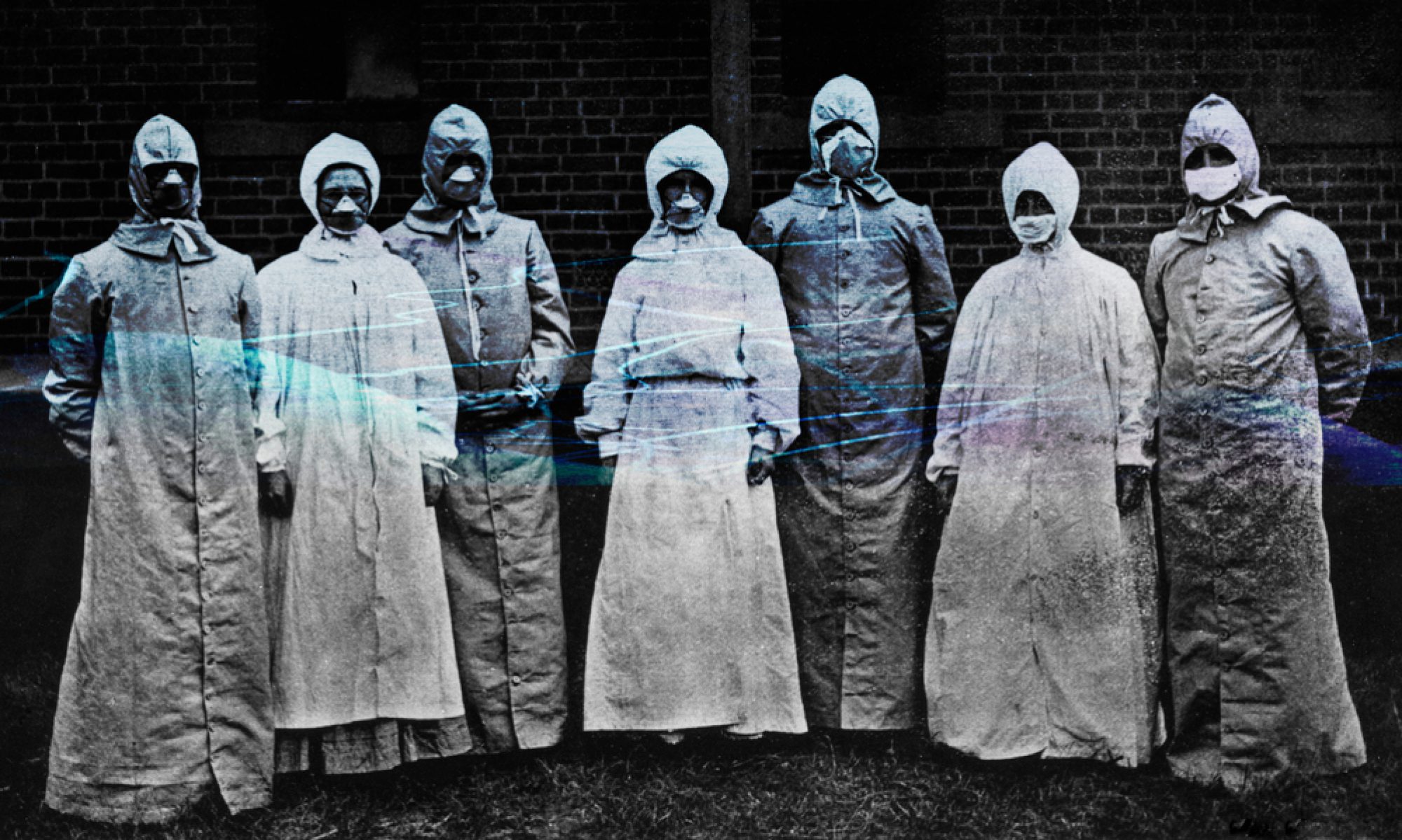Researchers
Minna Nevala, PI
Minna Nevala, PhD, Title of Docent, is currently Senior University Lecturer of English Philology at the University of Helsinki. Her research interests include (historical) sociolinguistics and -pragmatics. More recently, she has also been involved in a research consortium on historical linguistics, funded by the Academy of Finland (Democratization, Mediatization and Language Practices in Britain, 1700–1950; 2016–20). In addition to her PhD dissertation, Address in Early English Correspondence: Its Forms and Socio-Pragmatic Functions (Société Néophilologique, 2004), she has produced over 80 peer-reviewed publications. She is a member of the Varieng research group and one of the compilers of the Corpora of Early English Correspondence (CEEC-400). Minna is also the President of the Finnish Society for the Study of English (FINSSE), as well as the associate editor responsible for Nordic research in pragmatics in The IPrA Bibliography of Pragmatics online.
In the LanCris project, Minna will focus on comparing historical news media data and present-day social media data in the diachronic study of the three pandemics. In particular, she will be looking at marginalisation and social representation of opposing groups in the media exposure of both the authorities and the public.
More about Minna:
Research portal (University of Helsinki)
Staff page (University of Helsinki)
Hanna Limatius
Hanna Limatius, PhD, is currently a postdoctoral researcher at the University of Helsinki. She received her doctoral degree from Tampere University in 2020, and worked as a postdoctoral researcher at the University of Vaasa in 2020-23. In her doctoral dissertation, Hanna studied the linguistic and discursive practices that were used for constructing community, identity, and empowerment within an online community of plus-size fashion bloggers. Her main research interests are digital discourse, the language of social media, marginalization, and language and gender. Hanna’s research has been published in journals such as Discourse, Context & Media, Language@Internet, Participations, Neuphilologische Mitteilungen, Fachsprache, and the Nordic Journal of Socio-Onomastics. She has also contributed to edited volumes published by, among others, Routledge and Bloomsbury.
Previously, Hanna has worked under the Democratization, Mediatization and Language Practices in Britain, 1700–1950 (DEMLANG) consortium, which was funded by the Academy of Finland (2016-20). In addition, she has worked in the Conceptualizing Blockchains research project funded by Aktiastiftelsen i Vasa, OP Group Research Foundation and The Foundation for Economic Education (2020-21). Her postdoctoral research project Intersections of Language, Gender and Social Media Work: Investigating Social Media Influencers has been funded by the Ella and Georg Ehrnrooth Foundation.
In the LanCris project, Hanna’s focus is mainly on social media data and governmental press releases on COVID-19. In particular, she is interested in how different groups and segments of the public are represented (and potentially misrepresented) in crisis communication. In addition, Hanna will study citizens’ responses to governments’ communication on social media.
More about Hanna:
Hanna Limatius: Scholar of language and digital media
Research portal (University of Helsinki)
Jenni Räikkönen
Jenni Räikkönen, MA, is currently a doctoral researcher at the Faculty of Information Technology and Communication Sciences, Tampere University. Her dissertation focuses on the EU-related use of the first-person plural pronouns we and us in the British parliamentary debates and newspaper articles in 1973–2015. The dissertation will be examined in spring 2024.
Jenni was a member of the research consortium DEMLANG (2016–20) and worked as a research assistant in the MultiPract research project (2012–16). Her research interests include critical discourse analysis, corpus linguistics, and political discourse. She has been involved in compiling the Diachronic Corpus of Political Speeches (DCPS). She is a board member of the Finnish Society for the Study of English (FINSSE).
In the LanCris project, Jenni focuses on expressions of certainty and uncertainty (epistemic possibility) and the use of expert knowledge in governmental press releases and political speeches during health crises. In addition, she will compare British parliamentary debates and newspaper articles during the outbreak of the Spanish flu, comparing how the virus and the spread of the disease were handled in the two contexts. Jenni is also interested in the general development of crisis communication: How has authorities’ communication changed over time and during different pandemics?
More about Jenni:
Nuoren tutkijan elämää (personal blog, in Finnish)
ResearchPortal, TUNI
TUNI staff page
